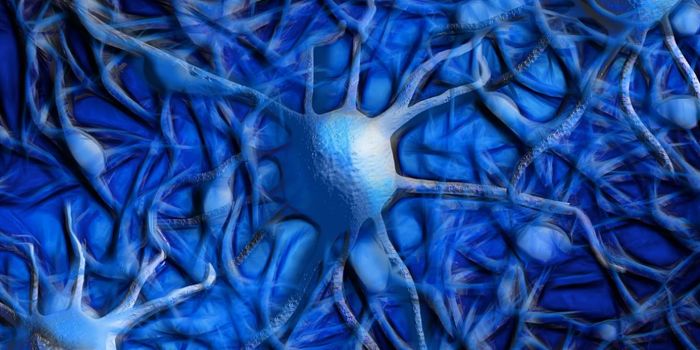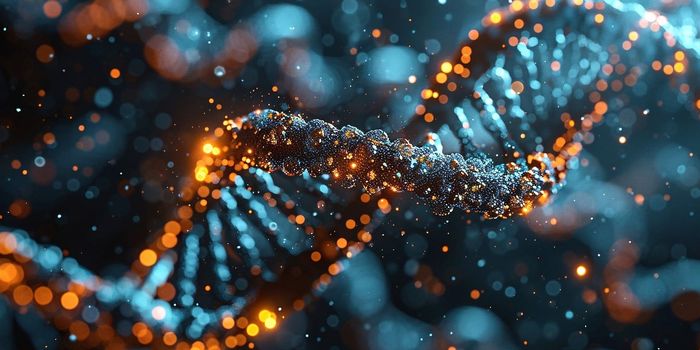Treating Psychosis by Targeting a Genetic Mutation
It may one day be possible to treat psychiatric disorders with therapies that target genetic mutations. New research has shown that in some psychosis patients, tailoring a treatment to a gene dysfunction can relieve symptoms of their disease. The work also demonstrated how some gene defects are linked to the etiology of psychosis. The findings have been reported in Biological Psychiatry.
There are not many known genetic mutations that have a major influence on the risk of psychiatric disorders, but some have been found. Researchers led by Deborah L. Levy, Ph.D. of McLean Hospital, which is an affiliate of Harvard Medical School, recently found a copy-number variant (CNV) mutation in two of four patients. The two individuals each carried two extra copies of the glycine decarboxylase gene (GLDC), which catabolizes glycine.
The researchers thought that the CNV mutation could cause a drop in glycine levels in the brain. In schizophrenia, glutamatergic functioning is disrupted, which may be influenced by this mutation.
The scientists assessed molecules that could restore glycine or glutamate function, and found that they helped relieve symptoms of psychosis in the patients carrying the mutation. They experienced a reduction in mood symptoms, less social withdrawal, and enhanced emotional engagement. While a cohort of only two patients is tiny, it shows that there is room for improvement in the treatment of psychiatric diseases.
"The compelling aspect is that this CNV can be linked to pathophysiology, and, as the new study shows, to treatment," noted Dr. Levy. "This approach contrasts with the standard clinical practice of treating individuals on the basis of clinical symptoms or diagnosis independent of specific genetic variants."
"It is important to note that the two subjects studied here bore little clinical resemblance, with distinctly different symptom burdens, and highly dissimilar courses of illness," explained the study first author J. Alexander Bodkin, MD of McLean Hospital. The treatment may, therefore, have been effectively improving an impaired biological mechanism, which was not dependent on a very specific clinical diagnosis.
"Most studies of rare structural variants will have very small sample sizes, complicating the usual approach to statistical analysis. Nevertheless, because the effects of a targeted treatment can be large, it is important to prioritize opportunities to study even small groups of patients who may benefit," added author Charity J. Morgan of the University of Alabama.
"The substances that they administered, glycine and D-cycloserine, do not produce noticeable behavioral effects in healthy people or in patients with psychotic disorders. However, because these substances replaced a deficient cofactor involved in neural communication in these particular individuals, their administration alleviated mood and psychosis symptoms," said John Krystal, MD, the Editor of Biological Psychiatry. As in these cases, we expect psychiatry to develop more instances where specific treatments can be developed to meet the needs of particular groups of patients."
Learn more about copy number variation from the video.
Sources: AAAS/Eurekalert! via Elsevier, Biological Psychiatry









